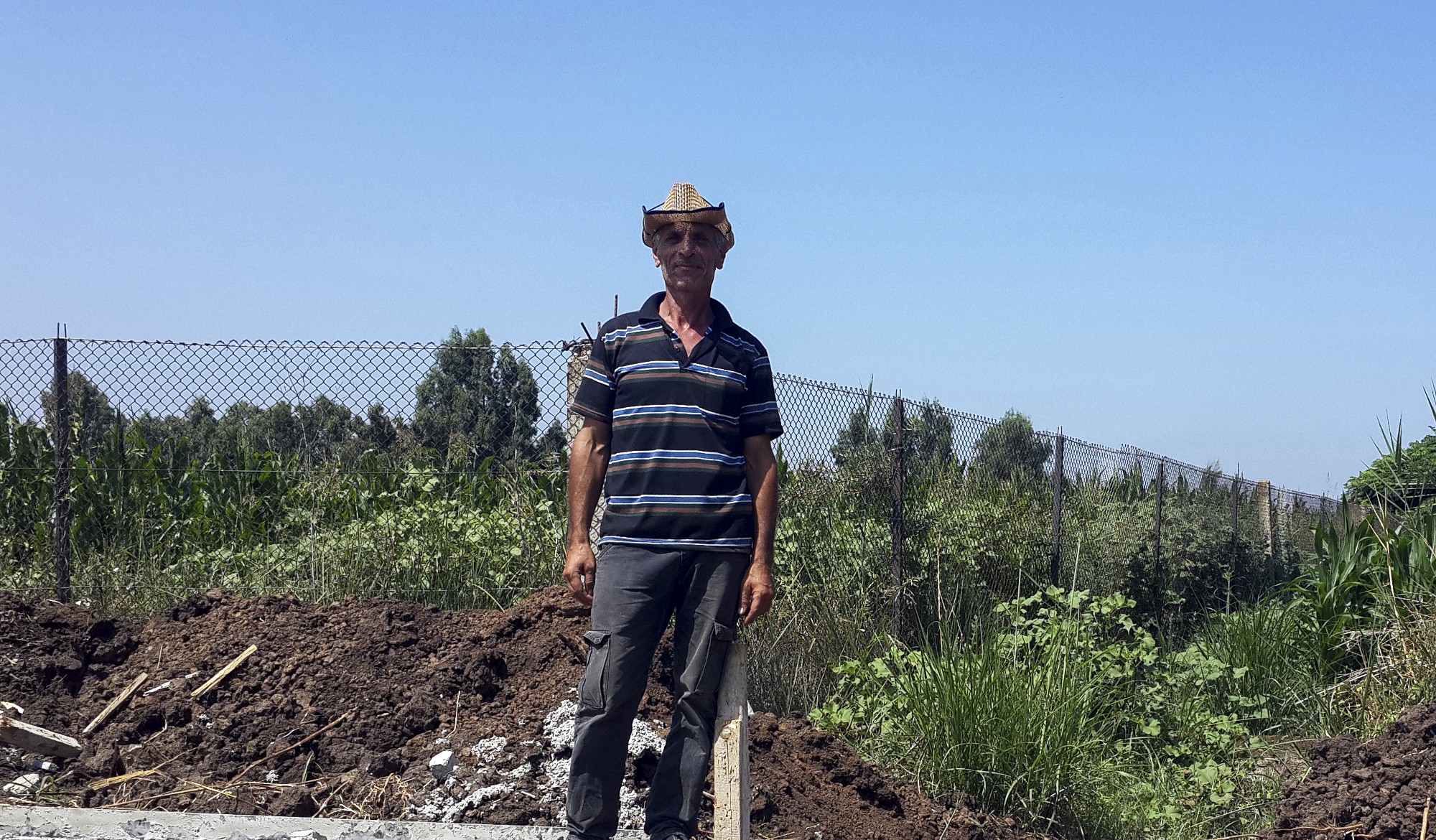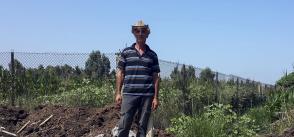
Stopping the leak, boosting the SDGs
Tal Abbas El Gharbi — a village situated in Lebanon’s north-western corner — is thirsty.
The surrounding Ostouane River should be sufficient to irrigate the sunbeaten lands that make up 85 percent of the village’s area. But water from the river is lost before it reaches the potatoes, onions and beans that are cultivated here — threatening the livelihoods of Tal Abbas’ 5,700 residents.
It’s a well-known problem in Lebanon. People can rely on water services for only a few hours a day — and at irregular intervals. Like the majority of Lebanon’s rural areas, Tal Abbas is highly dependent on farming as its primary source of income, and unreliable water access is causing severe struggles for its population.
“We grow our crops mainly in the winter when water is available. In the summer we leave our lands — there is not enough water,” says Mikhael Elias, a farmer and father of three who was born and raised in Tal Abbas, near the border with Syria. Some years ago, Mikhael had to limit his production to less thirsty crops like eggplants, corn and cowpea. Trucking in water to irrigate lands, an expensive and not especially environmental friendly practice, became a regular chore.
Mikhael’s story is a case in point. Although Lebanon is better endowed with water resources than its neighbours, low storage capacity, inefficient networks and pollution are putting pressure on supply. And over the past years, demand has increased as the country is hosting about 1 million refugees from Syria.
Read the full article by by Catharina Klingspor via UNDP | Medium.
[Photo by UNDP Lebanon]







